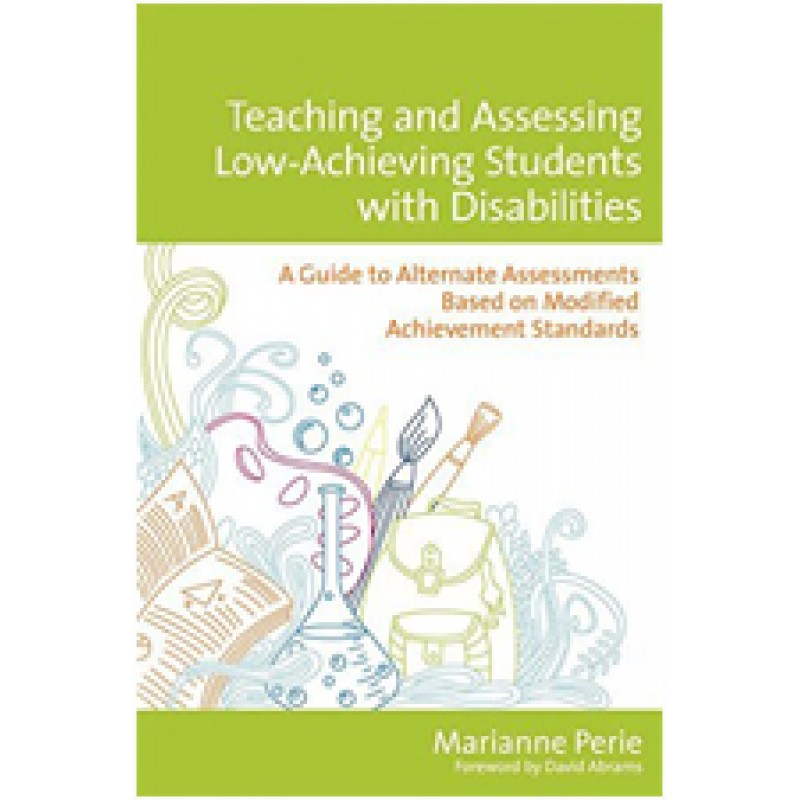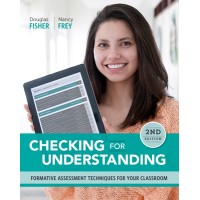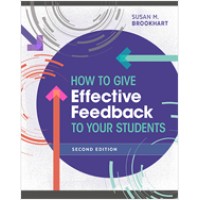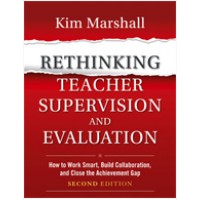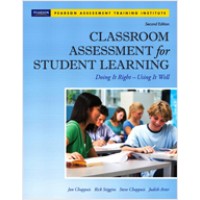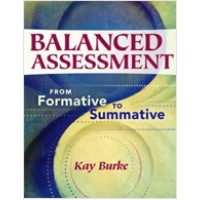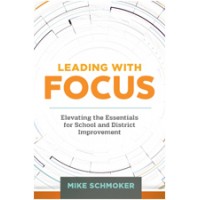Teaching and Assessing Low-Achieving Students with Disabilities: A Guide to Alternate Assessments Based on Modified Achievement Standards
| Author(s) | Marianne Perie |
| ISBN10 | 1598571176 |
| ISBN13 | 9781598571172 |
| Format | Paperback |
| Pages | 304 |
| Year Publish | 2010 July |
Synopsis
For lower-achieving students with disabilities, effective and appropriate alternate assessment based on modified achievement standards (AA-MAS) can open the door to greater expectations and opportunities. State policymakers have the option of providing certain students who have disabilities with AA-MAS aligned with grade-level content—and now there's a comprehensive, research-based guide that shows the way.
The most in-depth exploration of AA-MAS available, this book will help policymakers and administrators make the best decisions about the implementation of alternate assessments and provide guidance for teachers as they align instruction with state-determined content standards. Blending analysis of cutting-edge research with today's best assessment practices, a diverse panel of experts give readers complete guidance on the technical and practical aspects of AA-MAS, including
- setting and evaluating criteria for participation in AA-MAS
- ensuring access to the general curriculum, with special focus on reading and math standards
- understanding cognitive development barriers to learning grade-level material
- establishing clear links between assessment and content standards
- designing and assembling test forms for AA-MAS
- defining proficiency for the target population
- setting appropriate cut scores on tests
- incorporating modifications to items on tests
- reviewing test items for accuracy, fairness, universal design, and psychometric concerns
- accurately evaluating comparability between AA-MAS and general assessments
- conducting a thorough validity evaluation for the AA-MAS
- determining the impact of the AA-MAS on the state accountability system
To support readers as they meet the challenges of assessing what lower-achieving students know, this essential volume also gives them helpful content such as a glossary of assessment terms, examples of test modifications, and goals associated with content standards in math and reading.
Ideal for use as a textbook or by policymakers seeking clear guidance on alternate assessment, this book will help schools make progress toward better instructing and assessing students with disabilities-and bringing about better academic outcomes.

